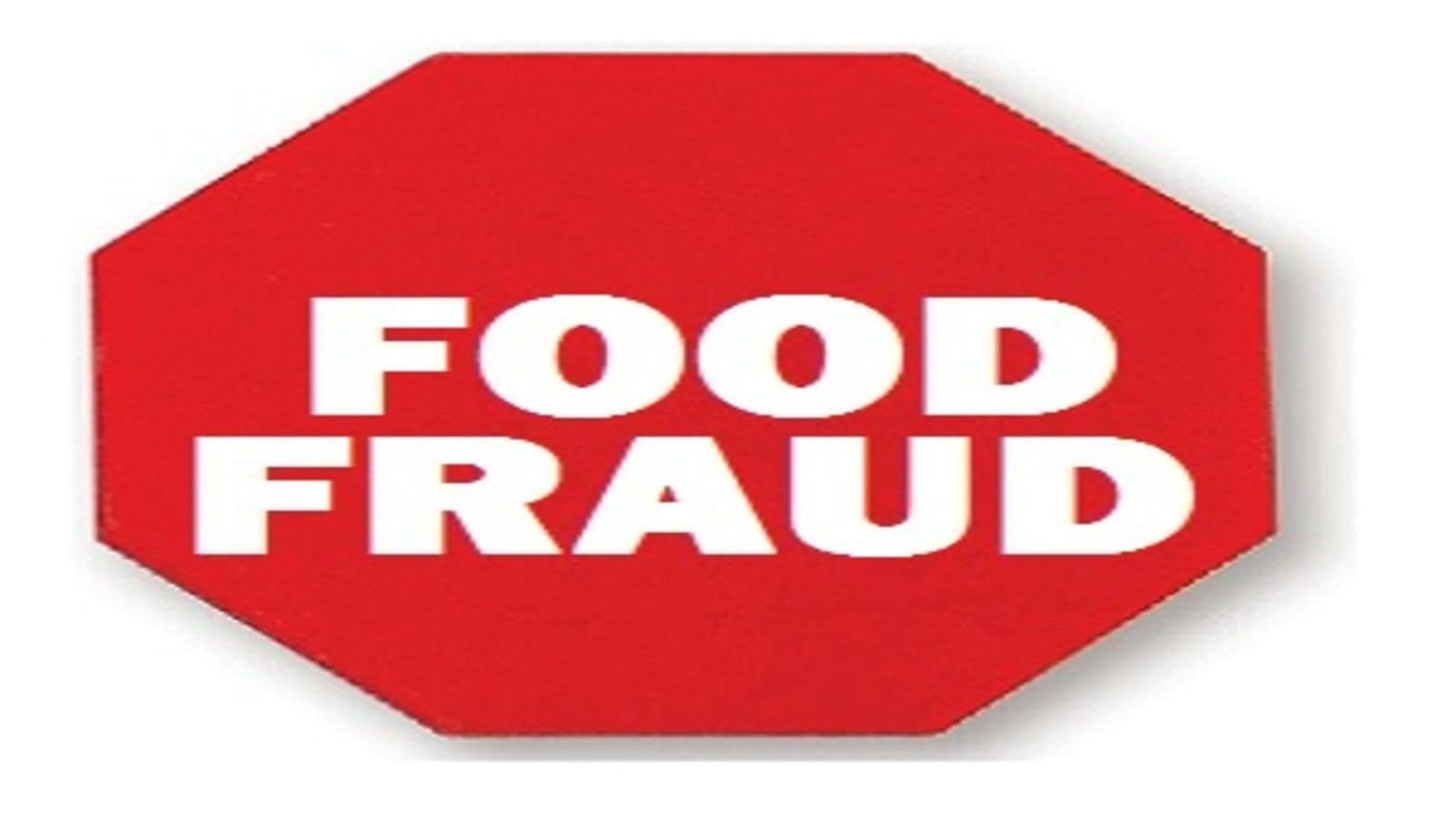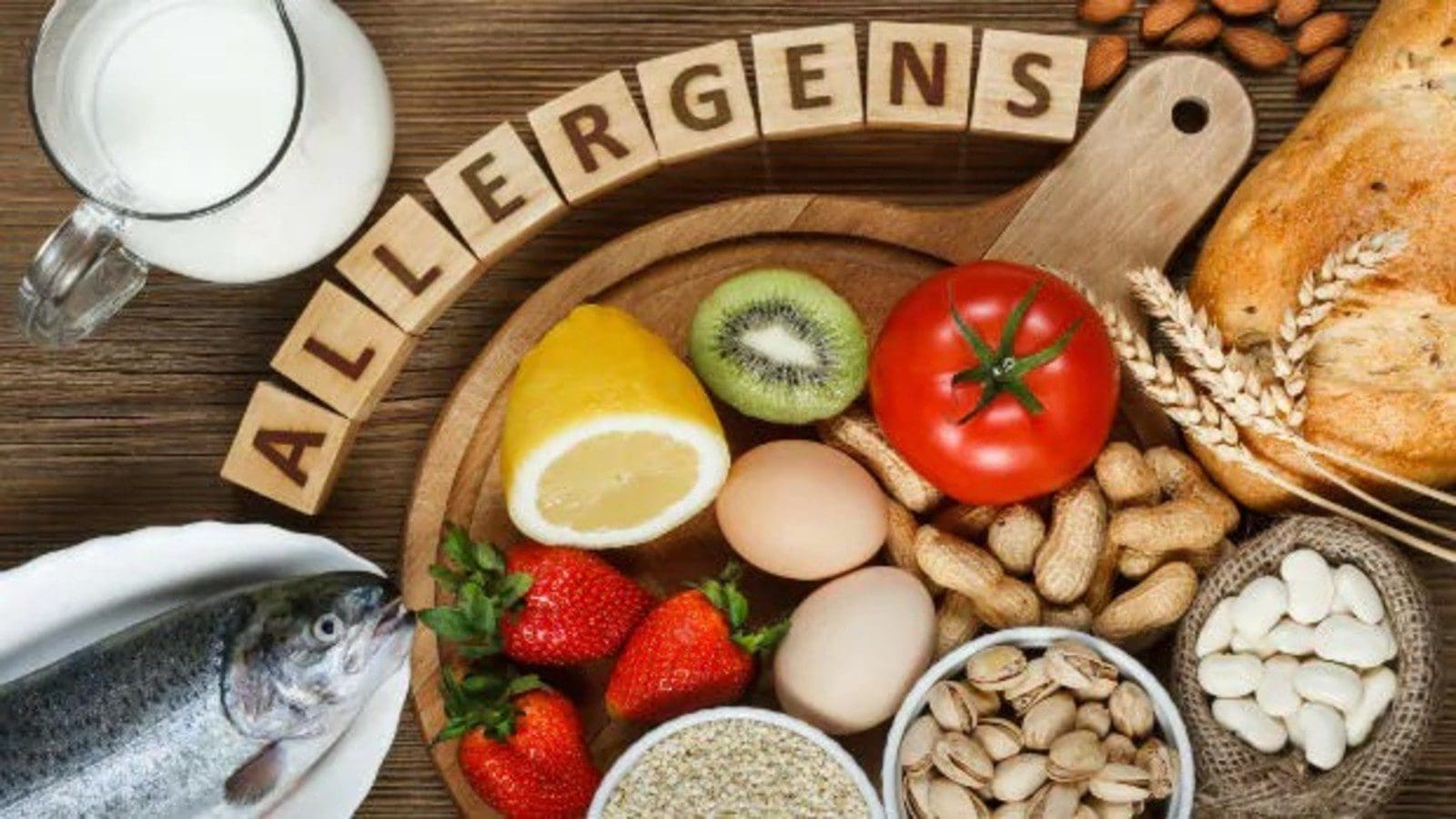GHANA – The Food and Drugs Authority (FDA) Ghana, has lamented on the rise in food fraud across the world, cautioning the public to be vigilant and source food, especially alcoholic beverages from credible and right sources.
The Head of Food Industrial Support Services Department, Mr. Kofi Essel, who was speaking about food safety at a stakeholder’s forum organized by Nestlé Ghana Limited to mark 2021 World Food Day (WFD) in Accra, said individuals perpetuating such acts were involved in adulteration, including the production of sub-standard foods such as high earned-alcoholic beverages.
This year’s WFD event was under the theme, “Our actions are our future- better production, better nutrition, a better environment and a better life”. The event was also used to observe the Nestle’s Iron (Fe) campaign, which seeks to educate the public on the risks, symptoms and solutions to iron deficiency in the population.
Mr. Essel said perpetrators of food fraud targeted countries that did not have the requisite technology and know-how to detect such foods.
“It is for this reason that at the first International Food Safety Conference held in February, 2019 in Addis Ababa, under the auspices of the WHO, FAO and the AU, participating governments pledged their support to fight against this emerging public health concerns and to invest in technologies and other resources to promote food safety that will promote public health and safety and ensure guarantees of access to international food trade,” he said.
Food safety starts from the farm
He told the Ghana News Agency that, Ghana was very much aware about such foods and that the FDA had intensified its Import Control Systems, market surveillance, including regular sampling and testing of imported food products.
He urged the public to make food safety a priority and be guided by the 2021 World Food Safety Day celebration tag line, “If it is not safe, it is not food”.
“As humans, our life span to a larger extent depends on what we put in our bodies, so we need to be careful about what we consume,” Mr. Essel added.
Professor Matilda Steiner-Asiedu, Professor of Nutrition and Public Health Advocate, commenting on food systems and its safety, said ensuring safety of foods started from the farm, transportation at the right temperatures, storage, preparation, and dishing.
He observed that food safety often got compromised along the chain, leading to loss of right micronutrients.
“The other issue is the excessive intake of carbohydrates. People need to eat the right proportion of all the food groups in order to get the right nutrient to keep healthy,” she said.
She advised the public not to buy food stuffs, especially fresh vegetables such as cabbage, garden eggs, tomatoes, carrots, and spinach displayed on the floor or on sacks.
Liked this article? Subscribe to Food Safety Africa News, our regular email newsletters with the latest news insights from Africa and the World’s food safety, quality and compliance. SUBSCRIBE HERE








